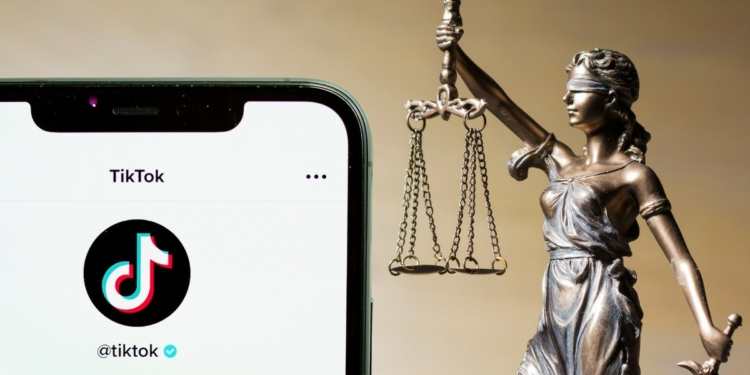Discover how a bipartisan bill reintroduced in the US could save TikTok from being banned or sold, addressing core security concerns about user data shared abroad.
Key Takeaways:
- A reintroduced bipartisan bill could prevent a sale or ban of TikTok in the US by regulating how companies share user data.
- TikTok, under scrutiny for its ties to China, has invested $1.5 billion into an initiative, Project Texas, to secure US user data.
- The bill indirectly targets TikTok by prohibiting data transfers to parent companies that may receive data requests from a restricted foreign government.
Averting the TikTok Crisis: A Bipartisan Bill Offers New Path
Hey, everyone! We’ve got some major news for all you TikTok lovers out there. You remember the buzz about a possible TikTok ban or sale, right? Well, it turns out that there may be another way out for our favorite video-sharing platform, and it all hinges on a recently reintroduced bipartisan bill.
The Bipartisan Bill: A Game Changer for TikTok?
Yes, you heard it right! A bipartisan bill, making its comeback this week, has the potential to regulate how companies like TikTok share data with US users. This could be the breakthrough we’ve been waiting for, as it might help address some of the significant security concerns that have put TikTok in the hot seat.
The champions behind the legislation are none other than Sen. Ron Wyden, a Democrat from Oregon, and Sen. Cynthia Lummis, a Republican from Wyoming. The proposed law, which is an updated iteration of a previous bill, aims to prevent foreign-owned companies from accessing US data from overseas or sharing data with nations considered “unfriendly.”
Over the past few months, TikTok has been under the microscope, with its connection to China coming under increased scrutiny. Remember, TikTok’s parent company, ByteDance, is based in Beijing.
From Wall Street to Montana: The Tumultuous Journey of TikTok
The saga around TikTok’s future in the US has been fraught with dramatic turns. Earlier this year, The Wall Street Journal reported that the Biden administration, along with the Committee on Foreign Investment in the US, asked ByteDance to sell its stakes in TikTok for it to continue operations in the US. Montana also stepped into the ring as the first state to ban TikTok, igniting debates about freedom of speech.
TikTok and the Big ‘China Concern’
One of the main reasons for the scrutiny TikTok has faced is the fear that ByteDance could be forced to provide the Chinese Community Party with access to US user data. The updated legislation hopes to alleviate these concerns by blocking data exports to “high-risk countries,” licensing data exports to some countries, and freely sharing data with “low risk” nations.
In parallel, TikTok has been working relentlessly to secure US user data. This involves using Oracle servers based in the US and purging older data stored elsewhere. The app has invested about two years and a whopping $1.5 billion into this initiative, dubbed Project Texas.
The New Bill: An Indirect Approach
Although TikTok or ByteDance are not explicitly named in the latest version of the bill, a Wyden aide revealed to CNN that the new language indirectly targets TikTok. This is achieved by prohibiting data transfers from a company to a parent company that may receive data requests from a restricted foreign government, applicable for companies with data on more than one million users.
Sen. Wyden expressed his concerns about how easily accessible Americans’ sensitive data is to foreign nations. His bipartisan bill, he believes, will halt the flow of data to “unfriendly nations” and help build stronger relationships with countries that have robust privacy protections.
Bipartisan Support and the Road Ahead
This legislation is not a one-man show; it’s backed by five other US senators from both sides of the aisle and has been introduced in the House of Representatives. It’s clear that there’s a growing consensus to protect American data from foreign surveillance, and TikTok is at the center of this conversation.
The fate of TikTok in the US may hinge on the success of this bill. But for now, it seems that our beloved app may have found a path forward without a sale or a ban. We’ll keep our fingers crossed!
 Sections of this topic
Sections of this topic
















